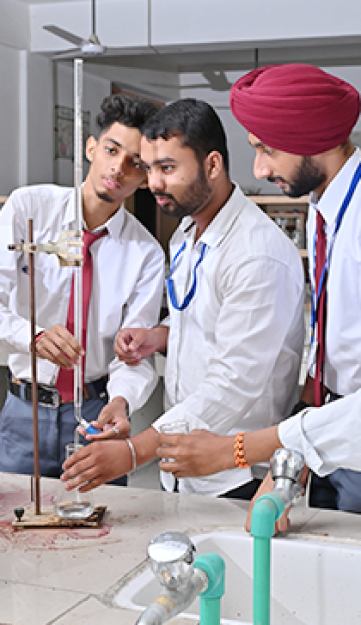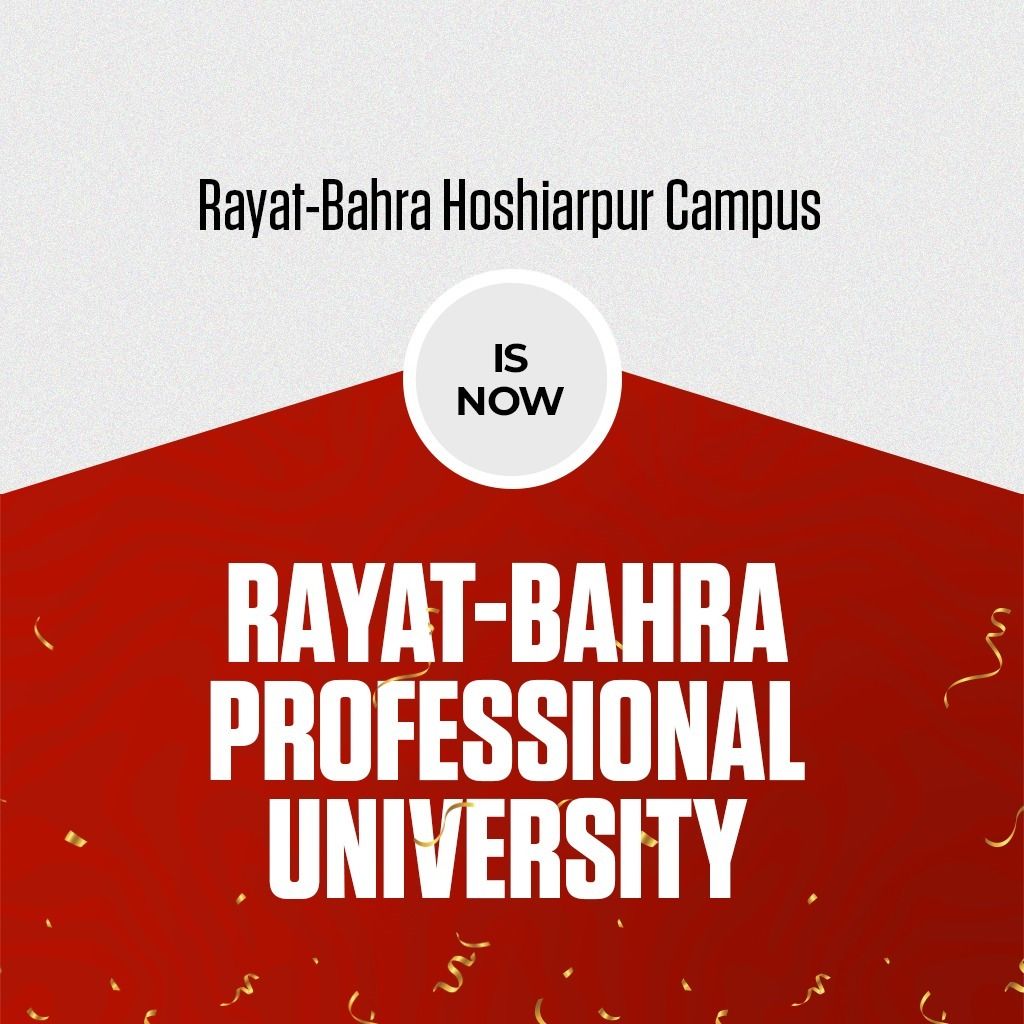HOD Message
Message from the Head of Computer Science Engineering Department
Welcome to the Department of Computer Science and Information Technology Engineering at Rayat Bahra Institute of Engineering and Nano Technology!
We are dedicated to fostering a dynamic learning environment that enhances creativity, critical thinking, and problem-solving skills. Our goal is to provide students with the expertise needed to thrive in the evolving fields of computer science and IT.
Our curriculum integrates theoretical knowledge with practical applications, preparing students for industry demands. With experienced faculty and state-of-the-art labs, including facilities for AI, machine learning, data science, cybersecurity, and IoT, students gain hands-on experience through projects, internships, hackathons, and workshops.
We take pride in our successful alumni and aim to continue this tradition by equipping the next generation of engineers and technologists to shape the future. Explore the opportunities in our department and join us in achieving excellence.
Best regards,
Er. Simarpreet Singh
















